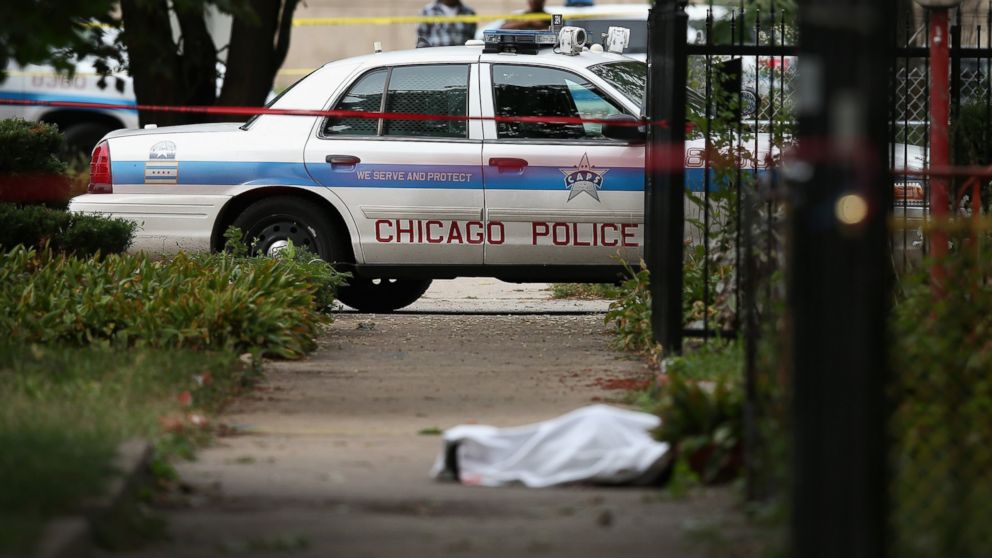Huge Drop in Homicides in America's Largest Cities
Murders approaching lows last seen in the 1950's and 60's in several cities.

Dec. 13, 2013— -- Heading into the final weeks of 2013, America's largest cities are on track to report dramatic drops in homicides -- the lowest in decades.
Eight of the nation's 10 largest cities have lower murder numbers for 2013 than the previous year, with an average reduction in homicides for those cities of 15.9 percent according to the most recent available data compiled by ABC News.
In New York City, murders are down 20 percent for the year, with less than one murder per day, a rate not seen since the 1950s. Chicago is also posting a steep decline, with a 20 percent drop in murders, approaching levels last seen in 1965.
Why the drop? According to Chicago Police Superintendent Gary McCarthy, the drops are the result of a holistic strategy involving "saturating high-crime areas with additional officers, using intelligence to prevent retaliatory gang shootings, moving officers from administrative positions back to the streets, and partnering with the community."
Chuck Wexler of the Police Executive Research Forum said better information and intelligence has led to a sea change in policing, with a focus on crime prevention. "Police departments are getting much better at identifying people, locations and times when incidents are occurring and they are putting their resources where they are needed."
Wexler also pointed out that with firearms accounting for the vast majority of homicides, reducing the number of shootings can have a major impact on murder numbers. Police agencies have developed more effective strategies to prevent gunfire before it happens by disrupting potential acts of gang revenge, he said.
Chicago this year has seen the number of shooting incidents drop year-to-date from 2,353 in 2012 to 1,751 -- a 26 percent reduction. Besides having an impact on the total number of murders, the reduced number translates to 740 fewer shooting victims in Chicago for 2013 compared to last year -- a dramatic reduction of blood on the streets.
Philadelphia is logging an even steeper drop, with murders down 26 percent year to date. That city's top crime fighter, Police Commissioner Charles Ramsey, said technology is making a significant difference. "Today, we are in an era of proactive and preventive policing. We are better informed. We rely on precise data and technology to track crime and inform policing strategies," Ramsey said recently in an address to the International Association of Chiefs of Police conference in Philadelphia.
"We are being 'smarter' and using evidenced-based approaches. We have access to mega-data like surveillance cameras, gunshot detection systems, automated license plate readers, and social media data. We use analytics and technology to help make sense of these data and help us make better decisions," Ramsey told the conference.
San Diego is seeing a similar drop, with homicide numbers down nearly 32 percent. Homicides in the city of Los Angeles are down 14 percent, approaching the lowest levels since 1966.
"Police chiefs used to measure their success on the number of arrests, now they measure their success on the reduction of homicides," Wexler said.
Phoenix has remained flat, with 106 homicides through October. Only San Antonio posted a slight increase, with one additional homicide over last year at this time. Houston, Dallas and San Jose all reported single-digit drops.
The numbers add up to hundreds of lives spared and thousands of families not destroyed by the pain of losing a loved one to murder. But with 387 homicides in the Windy City so far this year, McCarthy said, "There's more work to be done and no one will rest until everyone enjoys the same sense of safety."




